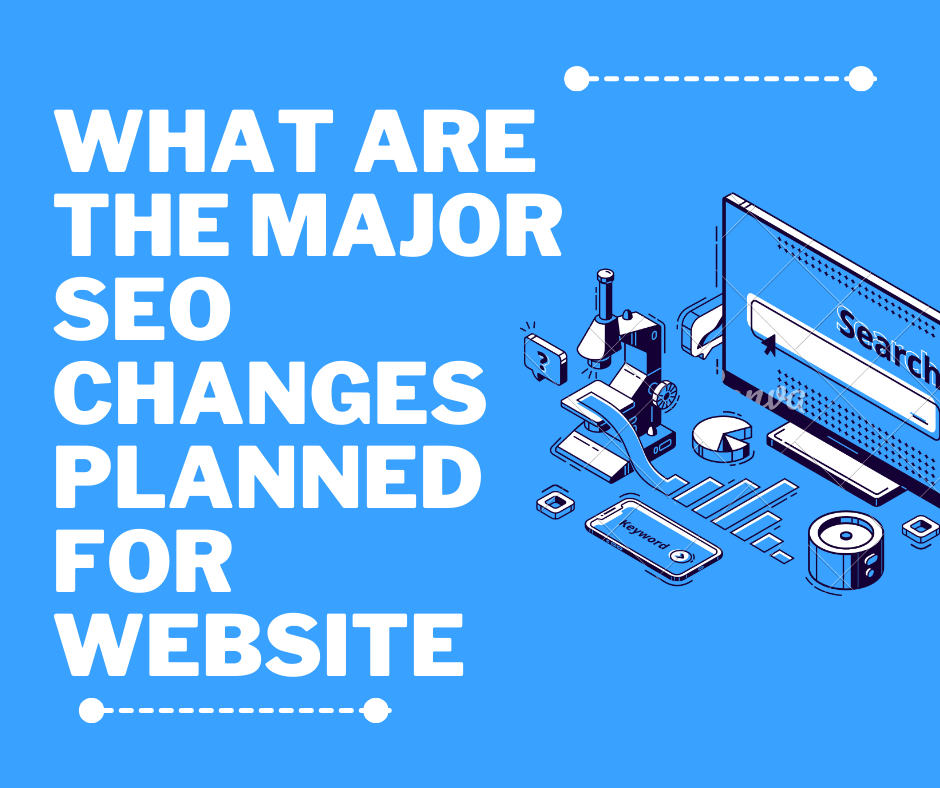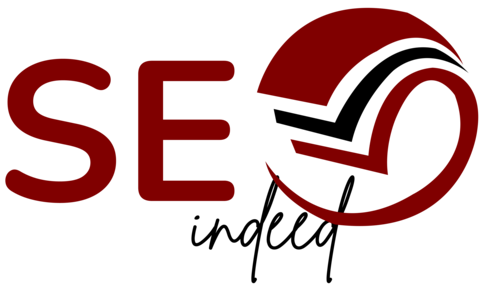What are the major SEO changes planned for website

- Technical SEO Audit: Conduct regular technical SEO audits to identify and fix issues that may affect your site’s performance, such as crawl errors, broken links, and duplicate content.
- Keyword Research and Optimization: Continue to perform keyword research to identify relevant and high-traffic keywords. Optimize your content, meta tags, and headings with these keywords to enhance search engine visibility.
- age Speed Optimization: Improve your website’s loading speed. Fast-loading pages contribute to a positive user experience and can positively impact your search engine rankings.
- Video SEO: If you use videos on your website, optimize them for search engines. Use descriptive titles, add relevant tags, and provide transcripts. Video content can improve engagement and time spent on your site.
- Local Citations: Ensure your business information (name, address, phone number) is consistent across local directories. This consistency is crucial for local SEO.
- Social Media Integration: While social signals may not be a direct ranking factor, a strong social media presence can contribute to increased visibility and traffic. Share your content on social platforms and encourage social sharing.
- User-generated Content: Encourage user-generated content such as reviews, comments, and discussions. This not only engages your audience but also adds fresh content to your site.
- SSL Certificate: Ensure your website has a valid SSL certificate. This not only improves security but also signals to search engines that your site is trustworthy.
- Cross-browser Compatibility: Test your website on different browsers to ensure it functions correctly across various platforms. Cross-browser compatibility contributes to a positive user experience.
- Content Updates: Regularly update and refresh your existing content. Adding new information, statistics, or insights can signal to search engines that your content is up-to-date and relevant.
- Accessibility: Ensure your website is accessible to users with disabilities. This not only broadens your audience but is also considered a best practice for user experience.
- Rich Snippets and Featured Snippets: Optimize your content to appear in rich snippets or featured snippets. Providing concise and valuable information in your content can increase the chances of being featured.
- International SEO: If your target audience is global, consider implementing international SEO strategies. This includes hreflang tags for language and regional targeting.
- Brand Building: Invest in building a strong online brand presence. A reputable and recognized brand can positively influence search engine rankings.
- Competitor Analysis: Regularly analyze your competitors’ websites and strategies. Understanding what works in your industry can help you identify opportunities and refine your own approach.
Remember, SEO is an ongoing process, and staying proactive and adaptive to industry changes is key to long-term success. Regularly monitoring your website’s performance and adjusting your strategies accordingly will contribute to sustained visibility in search engine results.


